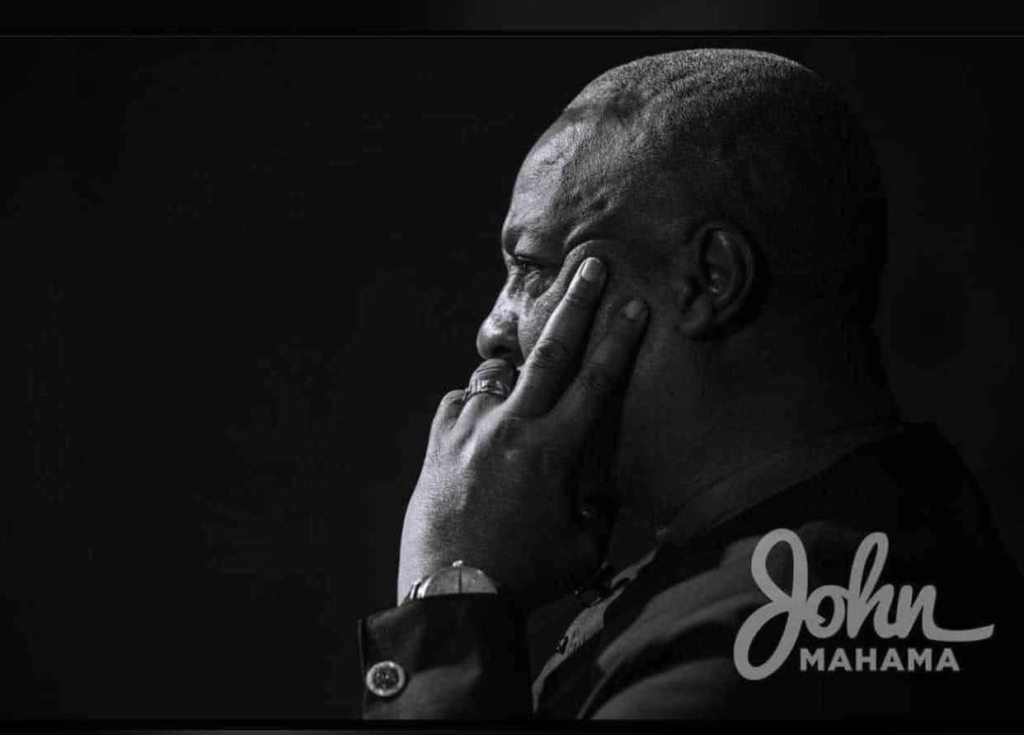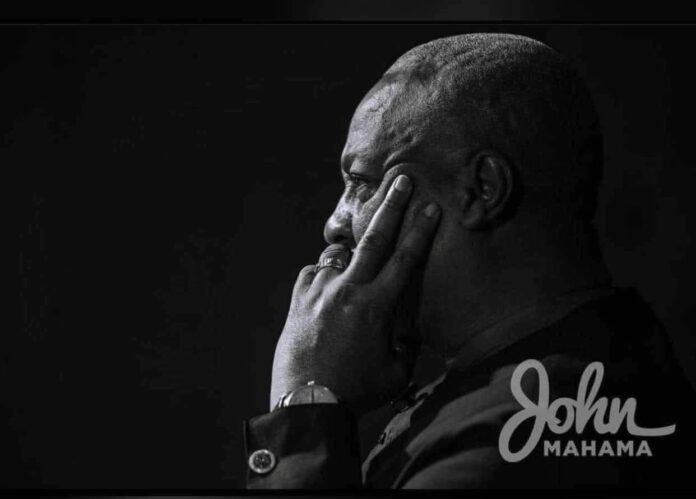
This is our own native land. A priceless heritage bought with the blood of those who came before us. It is now our turn to continue what they began.
Mr President,
I write to you not as a partisan, not as a critic for sport, and not in pursuit of favour, but as a reminder that there come moments in a nation’s history when the one holding the pen of power must write words that will outlive them.
This is such a moment. Eight men are gone. They did not die in private anonymity. They died in the service of Ghana. Their names will be written, their photos framed, their funerals televised. But beyond the ceremonies, they have left you with a question that no predecessor fully answered: What is the value of a Ghanaian life to the state that claims to serve it?
Before these Eight, there was Dr. Kwame Adu Ofori, gone because Komfo Anokye Teaching Hospital lacked a cath lab that could have saved him. Before him, there were sixteen teenagers of the Saviour Church of Ghana, killed in a tragic accident on the Kumasi–Accra cratered highway. And before them were servicemen, journalists, voters, protesters, and countless others whose lives were lost to preventable tragedies.
You know these stories, Mr. President. You have attended the funerals. But you also know what happens next: the speeches, the pledges, the committees, and the slow fade of urgency until the next calamity comes.
This is the cycle that must break under your watch.
You returned to the presidency not merely on the back of political victory, but on the back of hope, fragile, battered, but still alive. Your people did not elect you to manage the country as it has always been. They elected you to change the logic of our governance.
Mr. President, lowering the flag is easy. Raising the standard is hard. But it is the hard thing that will define you.
If Ghana leaves this moment without a modern forensic and disaster identification facility, without a strengthened and fully equipped emergency healthcare network from Gambaga to Accra, without a galamsey policy that treats the crime as treason against the Republic, without infrastructure built to withstand the tragedies we already know are coming,…then we will bury more than eight men. We will bury the last opportunity for this generation to believe that politics can save lives.
And so, Mr. President, I must ask: What does the sacrificial lamb beget?
I ask you to make the “needful” come before the “nice-to-haves.” To cut sod for systems, not for optics. To demand that your ministers bring you solutions that will endure beyond your term, and to dismiss those who bring you excuses instead.
You are in a rare position, Mr. President. You have nothing to prove and everything to leave behind. That is the freedom of a second coming. You can act without fear of losing your chair. The question is, will you use that freedom to shield your people from the next tragedy, or will you leave the next president to bury the consequences?
One day, when you are no longer in Jubilee House, your name will be spoken by a new generation of Ghanaians. Let them say, “Mahama was the one who ended the habit of mourning without reform.” Let them say, “He took grief and turned it into glory.”
Ɔman no, sɛ ɛbɛyɛ yie o! Ɔman no, sɛ ɛrenyɛ yie o!; Ɛyɛ nsɛnnahɔ sɛ, Ɔmanfo bra na ɛkyerɛ.
Whether this nation prospers or falters depends on the character of its citizens—and, in this moment, on the courage of its President. For their sake, and yours, act now.
The dead are watching, and history waits with its pen.
Respectfully,
Kay Codjoe
DISCLAIMER: The Views, Comments, Opinions, Contributions and Statements made by Readers and Contributors on this platform do not necessarily represent the views or policy of Multimedia Group Limited.
DISCLAIMER: The Views, Comments, Opinions, Contributions and Statements made by Readers and Contributors on this platform do not necessarily represent the views or policy of Multimedia Group Limited.


